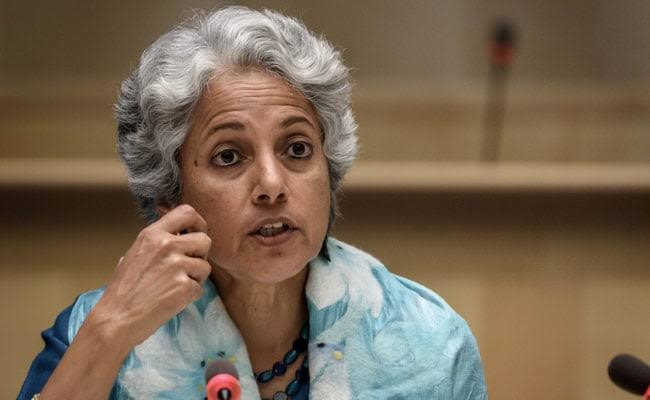The coronavirus pandemic isn’t slowing down as the spread of Delta variant and slow pace of vaccination is leading to a surge in Covid-19 cases, she said.
Soumya Swaminathan, the Chief Scientist at World Health Organisation (WHO), said there was clear evidence that the coronavirus pandemic isn’t slowing down as the spread of Delta variant and slow pace of vaccination is leading to a surge in Covid-19 cases across most regions of the world.
Swaminathan, in a recent interview with Bloomberg, said Covid-19 cases are rising in five out of six WHO regions, and mortality rates in Africa have jumped by 30-40 per cent in the last two weeks.
“In the last 24 hours, close to 500,000 new cases have been reported and about 9,300 deaths — now that’s not a pandemic that’s slowing down,” Swaminathan said.
The Delta variant, social mixing, ease in lockdown restrictions and slow pace of vaccination are the four major reasons she cited for the continuous spread of the virus.
The fast-spreading Delta variant is certainly the most transmissible, most dangerous variant of Covid-19 seen so far and is the main reason behind the surge in infections, Swaminathan said, adding that it one person infected by the original virus could infect close to three people, a person infected with the Delta variant could infect close to 8 people.
The top scientist said people, either out of pandemic fatigue or compulsion, are moving out of their houses and indulging in social mixing, leading to a rise in cases. Further, many countries in the world and regions in those countries have eased restrictions, even announcing relaxation in safety measures like masking and social distancing, she said.
While vaccination levels in some countries are reducing severe Covid-19 cases and hospitalisations, there are parts of the world that still face oxygen shortages, lack of hospital beds and higher mortality rate, she stressed.
Swaminathan, in an another interview, said Covaxin’s phase-3 trial data looks promising and the vaccine can hopefully be approved by the WHO by mid to late August.
“I think the Phase-3 trial data (of Covaxin) is good and encouraging. The good thing is that they have also looked at the variants and they are sequenced about 60 per cent of the breakthrough variants that were seen in the trial. The overall efficacy is high while efficacy against the Delta variant is comparatively low, but it’s still very good,” she said.
As an independent media platform, we do not take advertisements from governments and corporate houses. It is you, our readers, who have supported us on our journey to do honest and unbiased journalism. Please contribute, so that we can continue to do the same in future.

